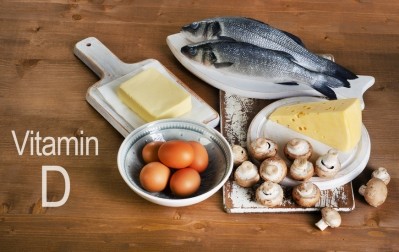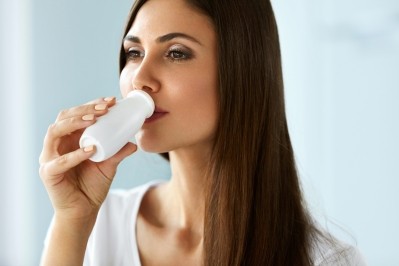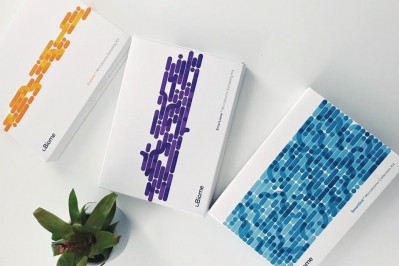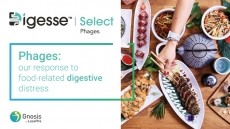Stress transfer via vaginal microbiota may contribute to brain disorders in later life
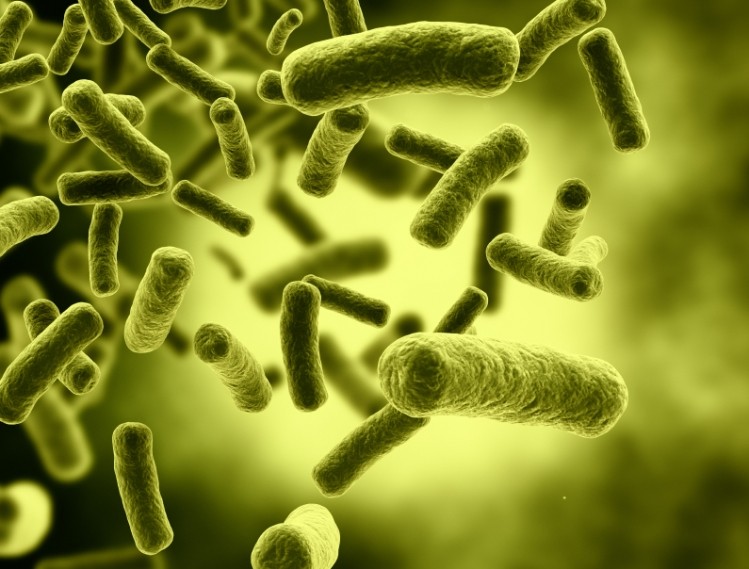
The findings may lead to a better grasp of the methods in which stress affects brain development of offspring and how the risk, if any is aggravated by the vaginal microbiota.
“Increasingly we are realising that the microbiome has wide-ranging effects on the human host,” said Dr E. Albert Reece, executive vice president for medical affairs at the University of Maryland, Baltimore.
“These intriguing findings indicate that the microbes that we harbour may play a crucial role in transmitting the effects of stress to offspring.”
Writing in Nature Neuroscience, the research team draw on previous research that demonstrate an association between the developing brain and the bacterial communities located in the gastrointestinal tract.
These brain areas that control stress-related behaviours are managed by signals from the gut microbiome.
Additional research has shown the colonisation by stress-altered microbial communities may affect the postnatal development of systems including the brain, gut, immune system, and metabolic system.
Excited to share our paper now online @NatureNeuro. @neuroeldin used a C-section method to manipulate the colonizing microbiota & show that maternal vaginal microbiota partly mediates lasting effects of prenatal stress on the gut and hypothalamus in mice: https://t.co/kh76go2MAIpic.twitter.com/0AzoIh0OIi
— Bale Lab (@TheBaleLab) July 9, 2018
Study details
Along with several colleagues, Dr Tracy Bale, a professor at the University of Maryland School of Medicine (UMSOM) department of pharmacology began by transplanting microbes from the mother to newborn mice.
Vaginal fluid of either stressed or unstressed pregnant mice was transferred to prenatally stressed and unstressed male offspring, born by C-section, so were not exposed to the mother’s vaginal microbes.
She found that those offspring exposed to both stress in the womb and microbiota, which included E. coli, S. acidominimus, and Peptococcaceae, from stressed mothers had decreased body weight and growth as well as increased stress hormone levels as adults.
The team also found these effects could be partially reproduced in unstressed, newborn male offspring by transferring vaginal microbes from stressed mothers.
Crucially, microbes from unstressed mothers could not rescue the effects of stress in the womb.
“These results are very intriguing,” Dr Bale said. “It is definitely worth investigating whether the effects we found in mice also hold true in humans.”
Really excited to see this paper born and start its own 'colonization' by feedback & comments! This paper has been a wild ride with tons of twists and turns, & because I love stories of how science is really done, thought I'd share how we got here: https://t.co/8deFsNfrQQ
— Eldin Jašarević (@neuroeldin) July 10, 2018
‘A risk factor for psychiatric disorders?’
The outcomes described suggests that stress during pregnancy distresses mice directly during the gestation period partially by developmental alterations to the foetal immune system.
Indirectly, the offspring are affected by a changes made to the mother’s vaginal microbiota.
The team also believe that in humans, maternal stress during the pregnancy period is a risk factor for psychiatric disorders in offspring.
However, it remains unclear whether this risk is also influenced by the vaginal microbiota.
“The foetal intestine inflammatory response in prenatally stressed males may also reduce the availability of nutrients and substrates within the gut lumen that support growth of both foetal tissue and microbiota,” the team said.
“Together, these findings further increase our understanding of the mechanisms by which maternal stress during pregnancy influences the offspring gut and hypothalamus and thereby possibly increase risk of neurodevelopmental and gastrointestinal disorders.”
Source: Nature Neuroscience
Published online ahead of print: doi: 10.1038/s41593-018-0182-5
“The maternal vaginal microbiome partially mediates the effects of prenatal stress on offspring gut and hypothalamus.”
Authors: Eldin Jašarević, Christopher D. Howard, Kathleen Morrison, Ana Misic, Tiffany Weinkopff, Phillip Scott, Christopher Hunter, Daniel Beiting & Tracy L. Bale

